
Science across closed borders – the quest for restoring forests in North Korea
Despite the political challenges, 2021 YSSP participant Eunbeen Park is researching ways to restore forests in isolated North Korea.
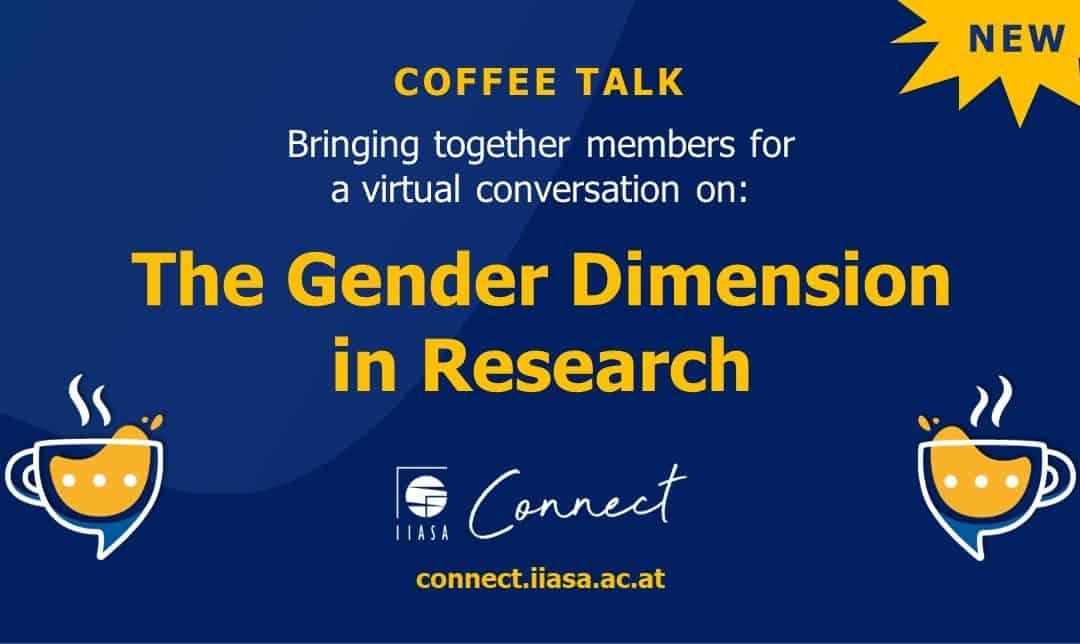
The gender dimension in my research
Do women lack power in the face of disaster? Are they really the fragile gender? Raquel Guimaraes’ research delves into issues of gender relating to disasters and climate change.

Can seaweed be the solution to our land problems?
Young Scientists Summer Program (YSSP) participant Scott Spillias explores how the adoption of offshore seaweed farming could affect land use.

Making the Top 100 in Ecology: the story of a successful research paper
Florian Hofhansl writes about a successful paper recently ranked #32 on the 2020 list of the Top 100 most downloaded ecology papers.
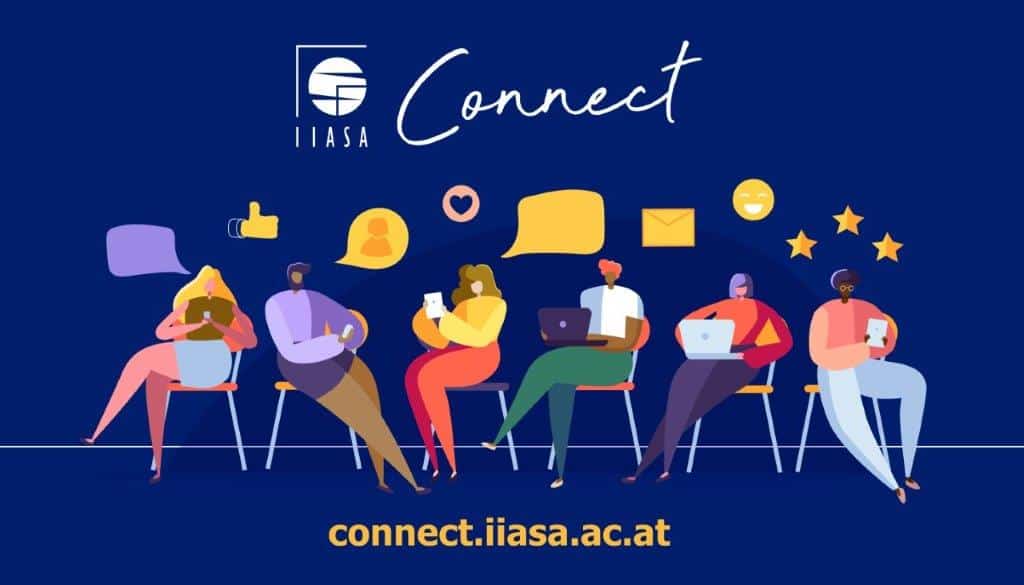
IIASA Connect: Mapping the IIASA network under lockdown
Kekeletso Makau shares her experiences using IIASA Connect to bring in the South African systems analysis network.

Why we need basic sciences for sustainable development more than ever
Michael Spiro makes the case for why the world needs basic sciences for sustainable development now more than at any time in the past.
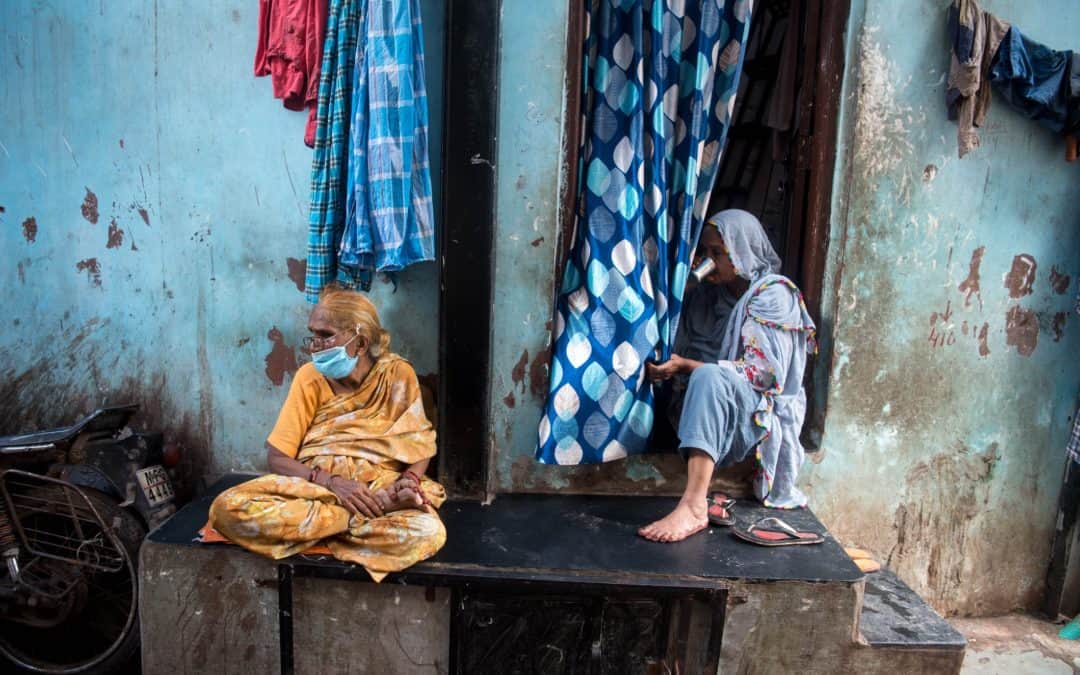
How has the COVID-19 pandemic affected the urban poor?
Three IIASA researchers explain how COVID-19 has impacted the poor in cities and what can be done to increase the future resilience of vulnerable populations.
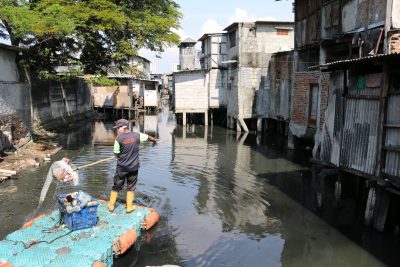
Solutions providing multiple resilience dividends require an integrated approach
Disaster Risk Reduction investments bring a wide variety of benefits, but are often not included in investment appraisals or recognized by funders. How do we change this?
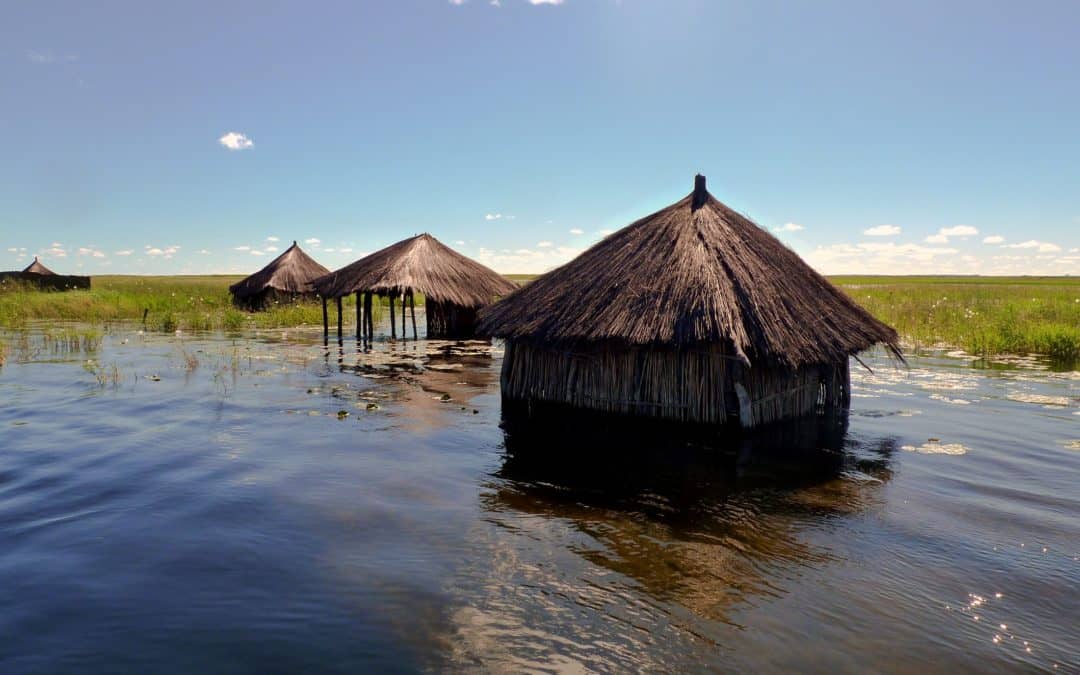
Multiple benefits of Disaster Risk Reduction investments
Julian Joseph explains the benefits of Disaster Risk Reduction investments using Tanzania and Zambia as a case study.

Using the COVID-19 pandemic to transform the energy sector
COVID-19 has disrupted the global energy sector, but it has also revealed opportunities. The International Science Council’s Husam Ibrahim explains.